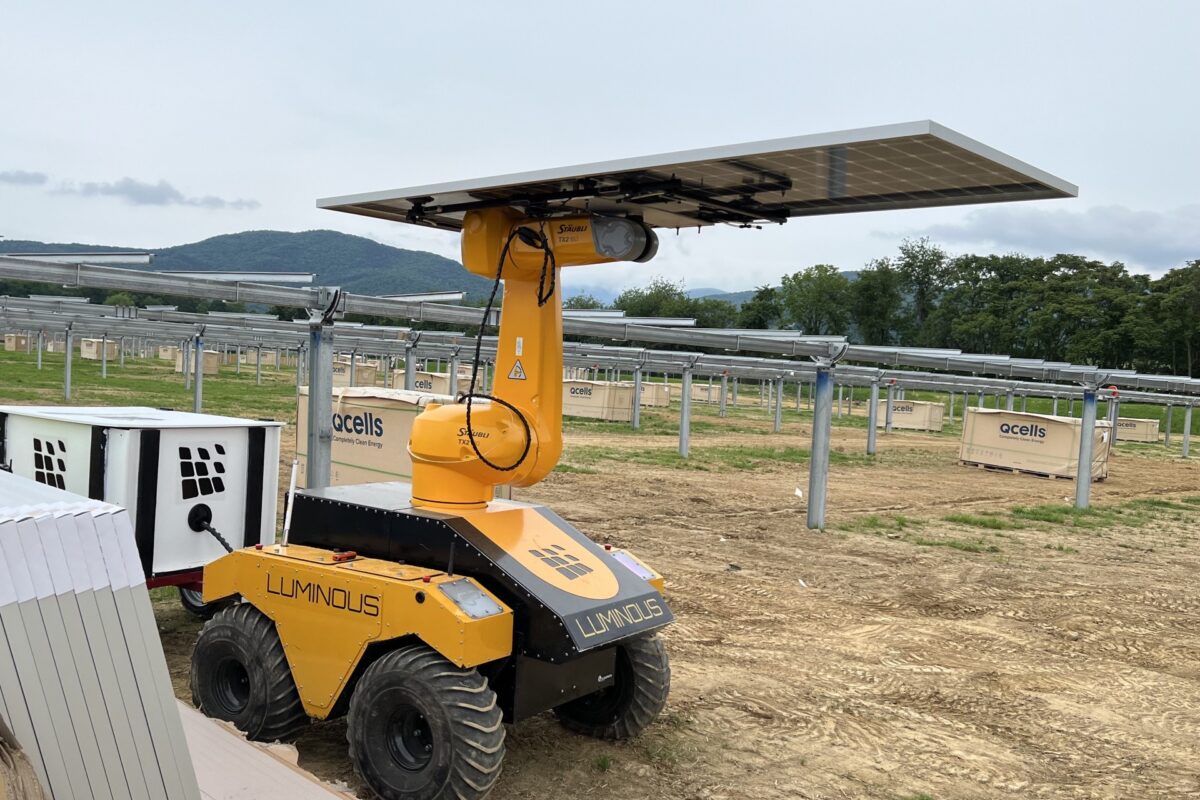From pv magazine Global
Beyond the batteries that will represent the bulk of the energy storage capacity needed to keep the energy transition moving forward, a variety of other chemical conversion processes promises to address needs for long-term energy storage, as well as a range of other smaller scale use cases in chemical production and other areas.
Hydrogen production is the leader in this space, and even this struggles to keep up with the costs and efficiency of batteries. However, a group of scientists working to understand the genetics of a bacteria called Shewanella oneidensis, say they have made a rare discovery that could open up pathways to engineering different bacteria to produce synthetic fuels from carbon dioxide and electricity.
“There are only a very small number of microbes that can really store renewable electricity,” said Buz Barstow, assistant professor of biological and environmental engineering at Cornell University. “We want to make one. And in order to do that we need to know the genes that are involved in getting the electrons into the cell.”
Knockout sudoku
The group created a technique it calls ‘knockout sudoku’, where it inactivates individual genes to determine their function. Using this, they were able to identify a new set of genes that is central to the initial electron uptake process that would make energy storage possible. “We found a lot of genes that we already knew about for getting electrons out of the cell are also involved in getting electrons in,” Barstow said. “Then we also found this totally new set of genes that nobody’s ever seen before that are needed to get electrons into the cell.”
The pathway for these electrons is outlined in the paper Identification of a pathway for electron uptake in Shewanella oneidensis, published in communications biology. The group found that the electron uptake process is highly efficient and could easily be scaled up. They were also able identify similar genes in many different bacteria. Barstow says he plans to experiment with adding the newly discovered genes to E-coli – since this is one of the most studied and well understood bacteria. The researchers also state several other pathways – optimising the shewanella oneidensis bacteria, and studying other metal-oxidising microbes, will be opened up by this research.
“Engineered bacteria powered by electrons opens the door for using renewable energy for making biofuels, food, chemicals, and for carbon sequestration,” the group concluded.
This content is protected by copyright and may not be reused. If you want to cooperate with us and would like to reuse some of our content, please contact: editors@pv-magazine.com.









By submitting this form you agree to pv magazine using your data for the purposes of publishing your comment.
Your personal data will only be disclosed or otherwise transmitted to third parties for the purposes of spam filtering or if this is necessary for technical maintenance of the website. Any other transfer to third parties will not take place unless this is justified on the basis of applicable data protection regulations or if pv magazine is legally obliged to do so.
You may revoke this consent at any time with effect for the future, in which case your personal data will be deleted immediately. Otherwise, your data will be deleted if pv magazine has processed your request or the purpose of data storage is fulfilled.
Further information on data privacy can be found in our Data Protection Policy.